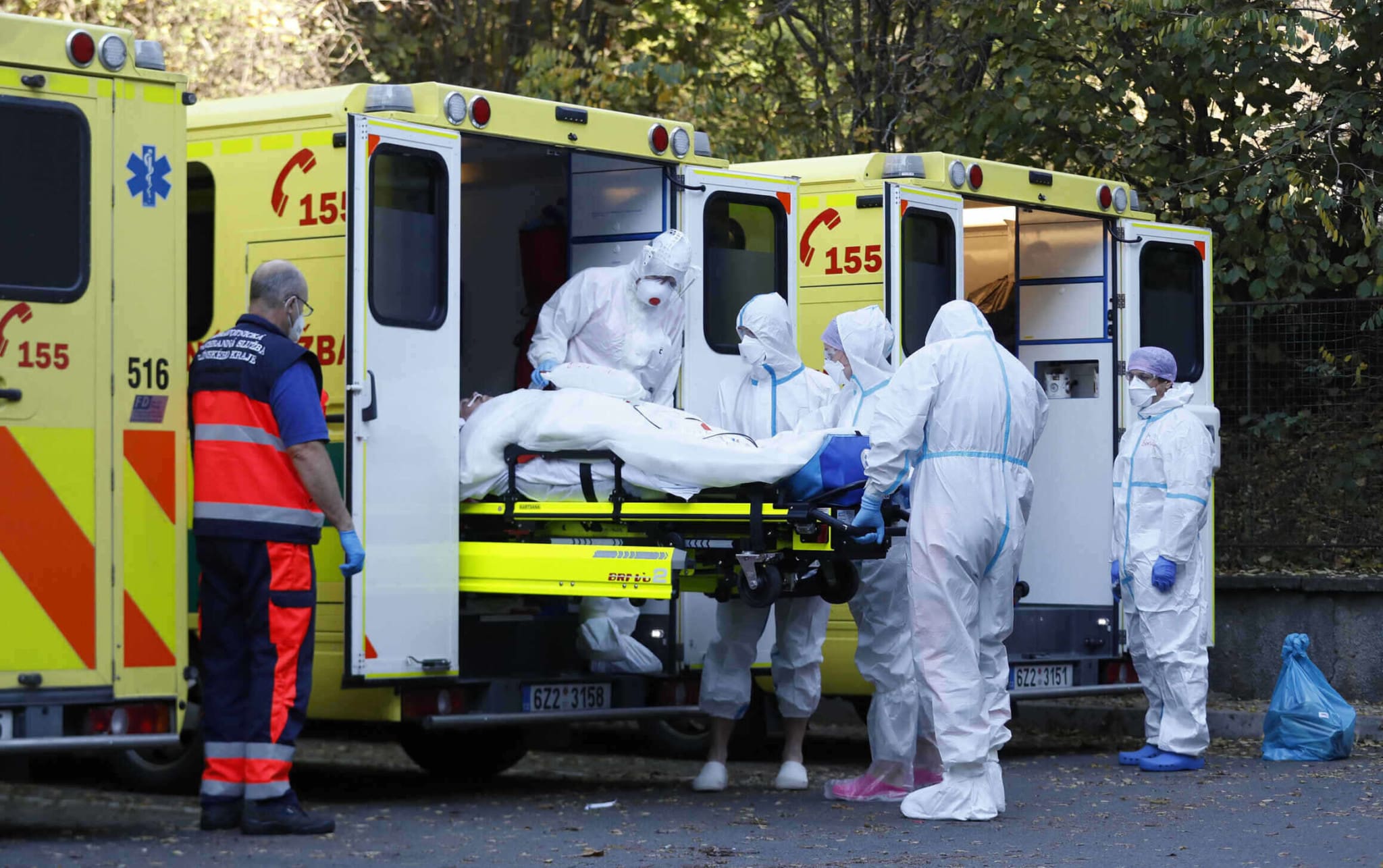Much like the rest of Europe, the population of the Czech Republic is declining.
At the end of September 2021, Czechia had 20,000 fewer inhabitants than at the beginning of the year. In addition to excessive mortality, the population decline is also due to lower birth rates and a significant drop in incoming foreign employees.
At the end of the third quarter of this year, Czechia had a population of almost 10.7 million.
More than 129,000 people died in the country last year due to the Covid-19 disease. It is the highest death rate since 1993. However, there are several reasons for the population decline besides the pandemic.
In the middle of this year, the number of emigrants exceeded the number of immigrants. The main reason for the negative migration balance is the complicated employment conditions for foreigners in Czechia.
The coronavirus crisis has not led to higher birth rates. Over 84,000 children were born in three-quarters of this year, which was just 500 more than in the same period of the previous year. According to economist Michal Prokop, this could increase when pre-school childcare is more accessible to young people.
“If women know that they can get back to work after a year and put the child in a day nursery that is not overpriced and there is a vacancy, the children will have more,” says Prokop.
The population decline could further disrupt the economy, which is already facing acute labor shortages. According to economist Helena Horská, the market is short of experts, and there is a big fight for talent between companies.





